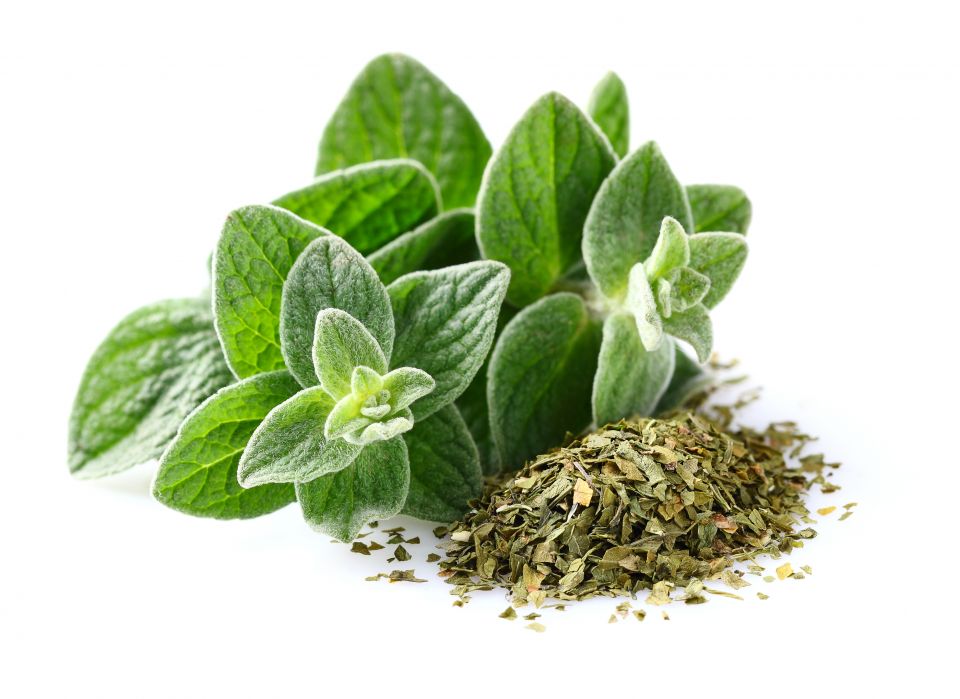
Conventional antibiotics
An antibiotic (Greek anti – against / bios – life) in its original sense is a naturally formed metabolic product of bacteria or fungi that inhibits or kills the growth of other microorganisms (bacteria).
Nowadays, antimicrobial substances are also used, which do not occur in nature, which are partially synthetic, fully synthetic or genetically engineered.
The invention of antibiotics around 100 years ago was one of the most significant in medical history and has since saved many lives and massively shortened and attenuated the course of disease.
Penicillin marked the beginning of a success story in medicine, and its successes led to the search for and discovery of many other antibiotics.
Unfortunately, however, these were used too generously over decades, which is why doctors today are struggling with the serious problem of antibiotic resistance.
Carvacrol
But even today, active ingredients can be found in nature or newly discovered. More and more, people are turning to them again.
Carvacrol, for example, is a secondary ingredient that belongs to the phenol group. As an aromatic, the substance is a component of essential oils found, for example, in thyme (Thymus vulgaris), oregano (Origanum vulgare), savory and other plants.
The therapeutic benefits of carvacrol are antibiotic, antifungal (anti-fungal) and antiphlogistic (anti-inflammatory) activity.
Carvacrol is able to inhibit the growth of various types of bacteria (including Escheria coli, Staphylococcus aureus), this property is further due to the destruction of the cell membrane of these bacteria
Berberine
Berberine is an alkaloid from the group of isoquinoline alkaloids. It is found, among other things, in barberry (Berberis vulgaris), which gave the alkaloid its name. Berberine has a bright yellow color and was used in ancient China both for medicinal purposes and as a textile dyeBerberine has
a long list of different effects, but what interests us most here is its anti-inflammatory, immunomodulatory and antibacterial action. Berberine has an antimicrobial effect on many germs, even MRSA (Multiple-resistant Staphylococcus aureus).
No side effects
So why not make more use of nature’s treasure chest when it comes to bacterial infections? Products containing oregano, thyme and barberry, for example, have a thoroughly positive effect in the fight against such infections, especially of the upper respiratory tract.
In contrast to conventional antibiotics, which are often accompanied by side effects such as diarrhea or nausea, the natural active ingredients berberine and carvacrol have no known side effects worth mentioning!
The onset of action is not quite as rapid as with conventional antibiotics.
On the other hand, when antibiotics are taken, the “good” intestinal bacteria, which are immensely important for our organism and our immune system, are attacked. Months can pass before the so-called microbiome (intestinal flora) is restored!
We do not have this problem with the natural agents, which is a big plus.
